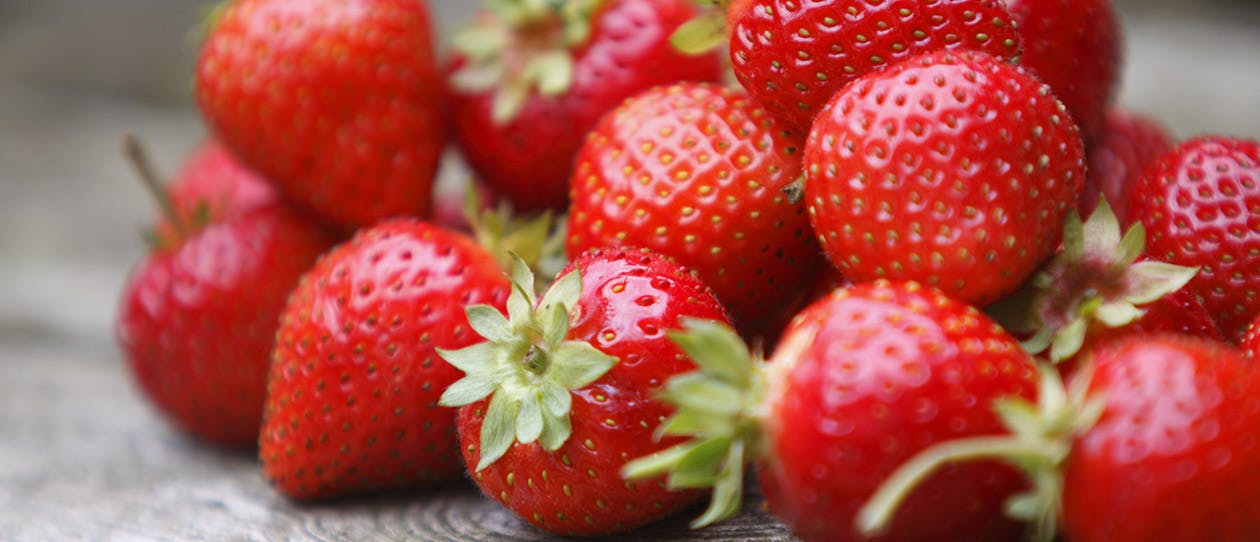
- Health hub/
- Guide To Protecting Your Nails, Hair And Skin/
- Is Sugar Ruining Your Skin?


Undamaged collagen and elastin fibres are important in giving the skin a supple, youthful, wrinkle free appearance. During our youth, cells in the dermis of the skin (deeper layer) produce new and also replace damaged collagen and elastin at a greater pace, which minimises sagging and wrinkles.
However, with age and an increased exposure to free radicals, collagen decreases and can become abnormal and the cells that manufacture the collagen can become more damaged, which results in poorer tone and aged skin.
Recent research however into the effects of sugar on connective tissue has shown that it can attach to collagen proteins and cause what’s called glycation. Glycation damages collagen, with in vitro studies suggesting that the glycating effects may linger for two to three weeks after collagen is exposed to sugar. Unfortunately it’s not just the glycating effects from sugar that causes the damage to collagen but also free radical damage from the sugar. These free radicals can cause local inflammation and swelling, which may result in further cellular damage and over time, may affect the appearance of the skin.
Other than sugars, UV radiation is a leading cause of skin ageing, as UV light can:
- Penetrate and damage the DNA of cells
- Increase the breakdown of collagen and elastin in the skin, and also decreasing the rate in which the fibres are replaced.
- Cause enlargement of small blood vessels
- Cause free radical damage
Overall the best way to protect the skin is by avoiding UV radiation and sugary foods to help prevent oxidation, glycation and free radical damage to collagen, as well as eating foods rich in antioxidants. It is impossible and ill advised to avoid carbohydrates, as they are essential to organs such as the nervous system and kidneys. However, replacing refined carbs with whole grains and low GI carbohydrates for a healthier skin choice is the best option. Other foods that may damage the skin are full fat milk, and red meat especially processed meat.
Foods that are beneficial for healthy skin ageing are those that are rich in antioxidants and phytonutrients such as coloured vegetables. Foods such as legumes, fish and monounsaturated fatty acids are beneficial and protective for the skin, as are polyphenols. Polyphenols are nutrients found in plant foods such as apples, tea, onions, garlic, and eggplant, and are thought to have an antioxidant protective effect on the skin.
References available on request




